We’ve all heard it before: get at least seven hours of sleep each night. But in today’s fast-paced world, that advice is easier said than done. Whether it’s due to stress, late-night screen time, or a hectic schedule, many people fall short of this recommended sleep threshold—and the consequences might be more serious than you think.
A recent study conducted by sleep technology company Simba used artificial intelligence to dig deep into the effects of sleep deprivation. With insights from over 2,000 adults in the UK and guidance from sleep experts, the research reveals how missing out on sleep takes a toll on your body—from head to toe.
1. Hormonal Imbalance Can Wreak Havoc on Your Skin
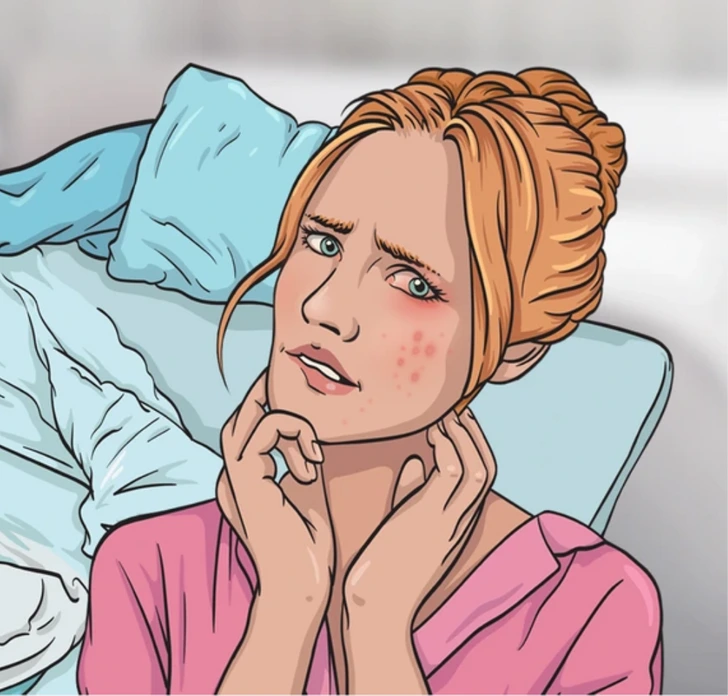
Sleep is when your body resets and regulates itself. When you’re not getting enough, the balance of important hormones goes out of sync.
According to Lisa Artis, Deputy CEO of The Sleep Charity (Simba’s nonprofit partner), cortisol levels spike during sleep deprivation. Cortisol, often called the “stress hormone,” can worsen inflammatory skin conditions like eczema and psoriasis. That means more redness, itching, irritation, and general discomfort.
Video:
Here’s What Sleeping Less Than 7 Hours Per Night Does to Your Body
“Lack of sleep doesn’t just make you feel tired—it shows up on your skin,” Artis explains. When cortisol rises, it reduces your skin’s ability to retain moisture and repair itself overnight, leaving it dull and dehydrated.
2. You May Gain Weight More Easily
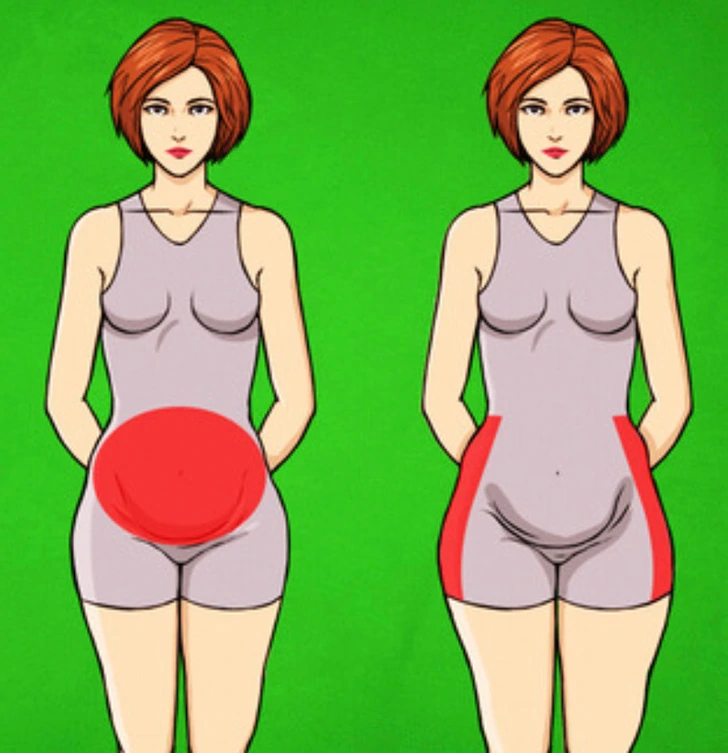
If you’re struggling to lose weight despite eating relatively well, poor sleep might be the hidden culprit. Simba’s study found that 26% of sleep-deprived individuals were overweight, and 32% reported frequent bloating.
“Sleep plays a vital role in regulating two key hormones—ghrelin and leptin,” Artis explains. Ghrelin increases hunger, while leptin signals fullness. When you don’t sleep enough, ghrelin levels rise and leptin levels fall, creating a perfect storm for overeating, especially cravings for sugary or high-calorie foods.
Sleep loss may also affect how fat is stored in the body, and it appears to differ by gender. “Women may notice increased fat around the hips and thighs due to hormonal fluctuations, while men might see more abdominal fat due to reduced testosterone levels,” Artis adds.
3. Skin Problems? Sleep Could Be the Missing Piece
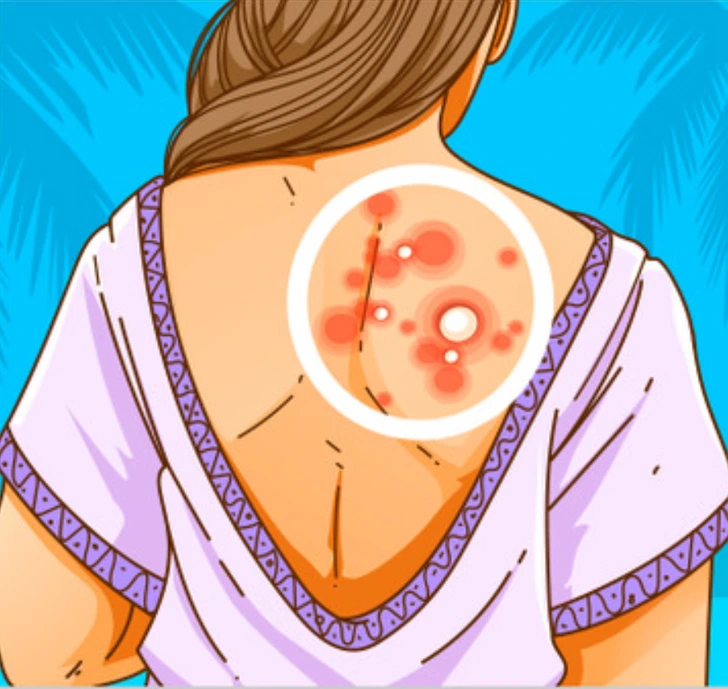
Your skin is often the first area to show visible signs of fatigue. According to Simba’s AI-analyzed data, people who sleep less than seven hours regularly report various skin issues—including heightened sensitivity, dryness, and a dull complexion.
Here’s why: during restful sleep, blood flow increases, supporting skin cell regeneration and collagen production. When sleep is disrupted, these processes slow down, making your skin appear tired, pale, and lifeless.
Video:
What Happens To Your Body And Brain If You Don’t Get Sleep
The survey found that:
- 24% experienced sensitive skin
- 16% dealt with eczema
- 10% reported a consistently dull appearance
- 7% struggled with psoriasis flare-ups
Nighttime is when your skin heals and rebuilds. Without it, you’re missing out on one of your best natural beauty tools.
4. Brittle Nails Could Be a Red Flag
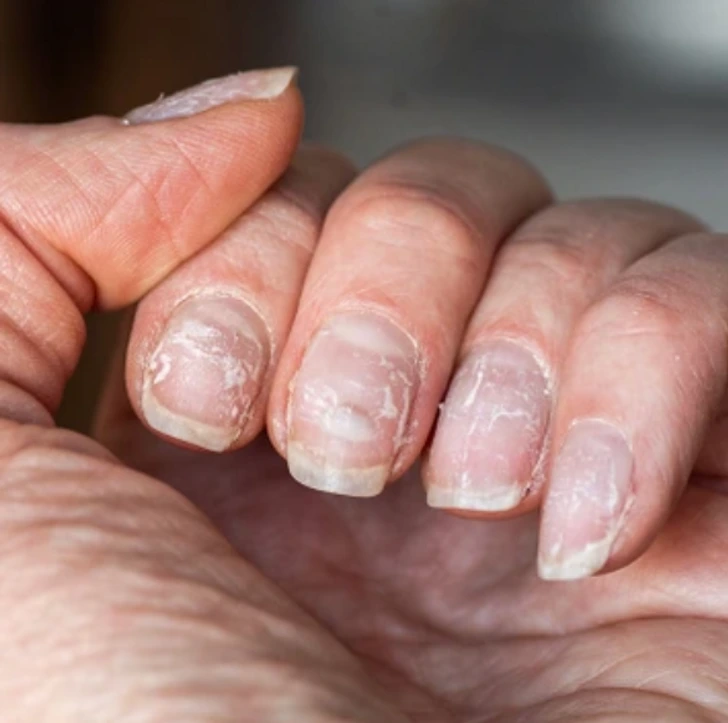
Believe it or not, your nails can also reflect your sleep quality. About 15% of participants in the study who lacked adequate sleep reported weakened or brittle nails.
While nails may not seem like a top health concern, they’re a good indicator of your body’s overall repair functions. Nail strength is directly tied to how well your body processes nutrients and regenerates cells—both of which occur most efficiently during deep sleep.
Consistently skipping out on sleep interrupts this cycle, leaving nails dry, fragile, and more prone to breakage.
5. Cold Hands and Feet? Your Sleep Might Be to Blame
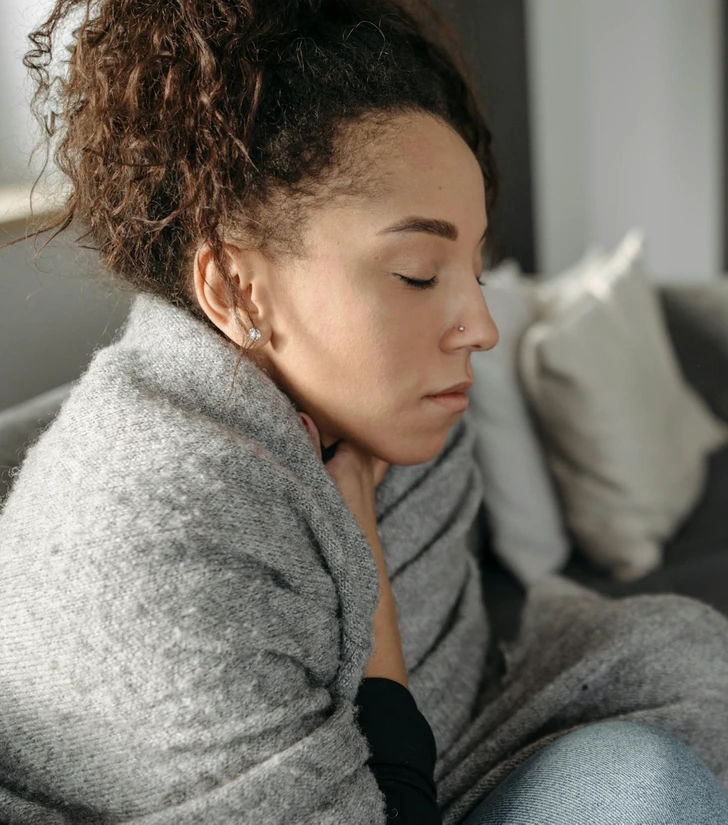
Ever notice your hands or feet feeling unusually cold, especially at night? It might not just be your thermostat—it could be your body struggling to regulate its internal temperature due to sleep deprivation.
“Body temperature is controlled by your circadian rhythm,” says Artis. “When that rhythm is disrupted by poor sleep, your ability to manage temperature can become impaired.”
This can lead to fluctuations in blood circulation, especially in your extremities, causing discomfort, cold sensations, or even a general feeling of being “off.”
6. Trouble in the Bathroom: Digestive Issues Linked to Sleep Loss
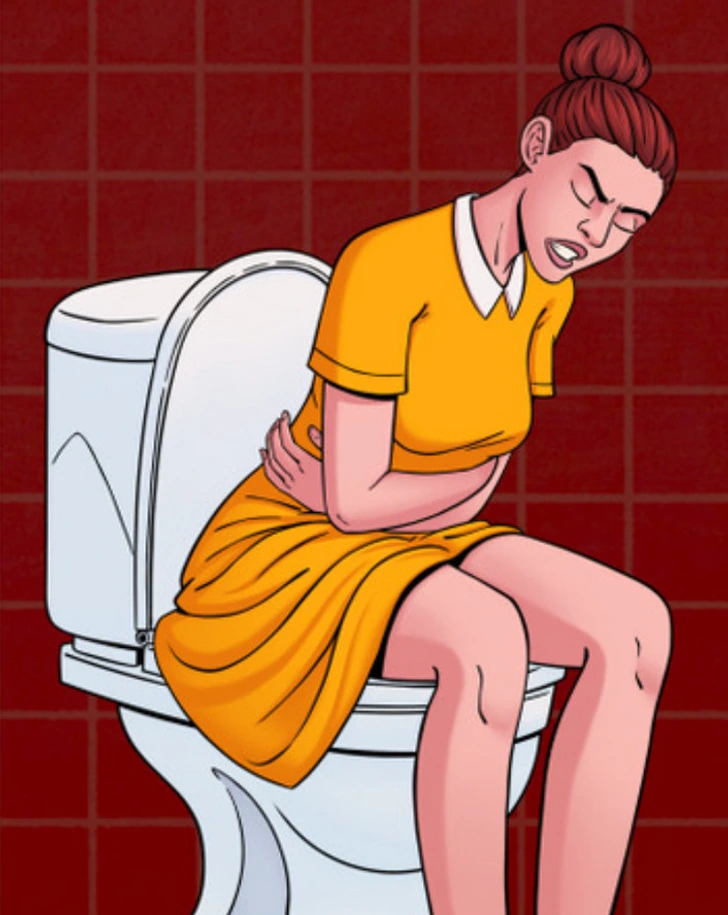
Sleep affects every major system in your body—including your digestive tract. A separate study cited in the report found a strong connection between poor sleep and chronic constipation.
Your digestive system depends on your internal clock to function efficiently. When sleep is disrupted, so is the gut-brain connection, leading to slower bowel movements, bloating, and discomfort.
This isn’t just about having a bad day—it’s about long-term gastrointestinal health. Chronic constipation is a sign that your body’s systems aren’t operating at full capacity, and sleep deprivation may be a key contributor.
How Much Sleep Do You Actually Need?

According to the NHS, the ideal range for most healthy adults is between 7 and 9 hours per night. But that number can vary based on age, health status, and lifestyle.
- Newborns need the most sleep—up to 16 hours a day.
- Children and teens also require more rest to support growth and development.
- Adults need steady, consistent sleep to maintain energy, immunity, and focus.
The takeaway? There’s no one-size-fits-all number, but regularly falling below the 7-hour mark can slowly erode your physical and mental well-being.
Final Thoughts: Prioritize Your Sleep Like Your Health Depends On It—Because It Does
You may think skipping a few hours here and there is no big deal—but the science says otherwise. From skin health and weight management to hormone balance and digestion, the effects of chronic sleep deprivation show up in surprising (and visible) ways.
Investing in your sleep isn’t a luxury—it’s a necessity. Your body, mind, and overall quality of life depend on it. If you’ve been brushing off bedtime or sacrificing rest to keep up with daily demands, now might be the perfect time to rethink your routine and make restful sleep a nightly priority.


